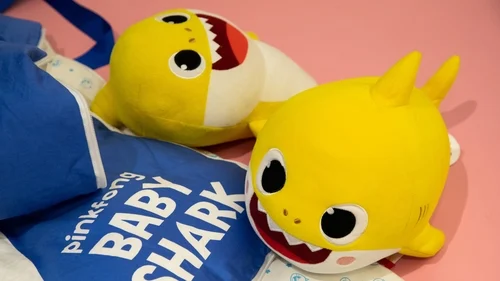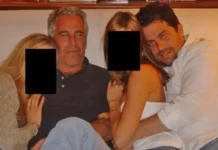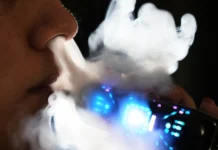South Korea’s top court has ruled that the global children’s hit “Baby Shark” was not plagiarised, dismissing a copyright claim filed by a US-based composer.
The ruling ends a legal battle that began in 2019, when New York composer Johnny Only (legal name Jonathan Wright) alleged that the 2015 version of “Baby Shark” by South Korean education startup SmartStudy copied elements of a song he had released in 2011.
Only sought 30 million won ($21,700) in compensation, citing similarities in bassline and rhythm.
SmartStudy, now known as The Pinkfong Company, defended the song as an adaptation of a traditional North American children’s chant that is in the public domain.
A South Korean lower court cleared the company of copyright infringement in 2021, a decision upheld by an appeal court in 2023. Only challenged the appeal ruling, but South Korea’s Supreme Court affirmed the lower court decisions on Thursday.
“All appeals were dismissed and the lower court’s rulings were upheld,” according to court documents seen by AFP.
The Pinkfong Company celebrated the verdict, stating that the decision confirms “Baby Shark” is “based on a traditional singalong chant that has entered the public domain.” The company added that it transformed the chant with “an upbeat rhythm and catchy melody, turning it into the pop culture icon it is today.”
The “Baby Shark Dance” video has become the most viewed video on YouTube, with over 16 billion views, nearly double those of the runner-up, “Despacito,” and the third-place “Wheels on the Bus.”
Only, who has not immediately commented on the Supreme Court’s decision, told Canadian broadcaster CBC in 2019 that he had created a toddler-friendly version of “Baby Shark” in 2011, revising an earlier song about a shark attack.
Written By Rodney Mbua



















